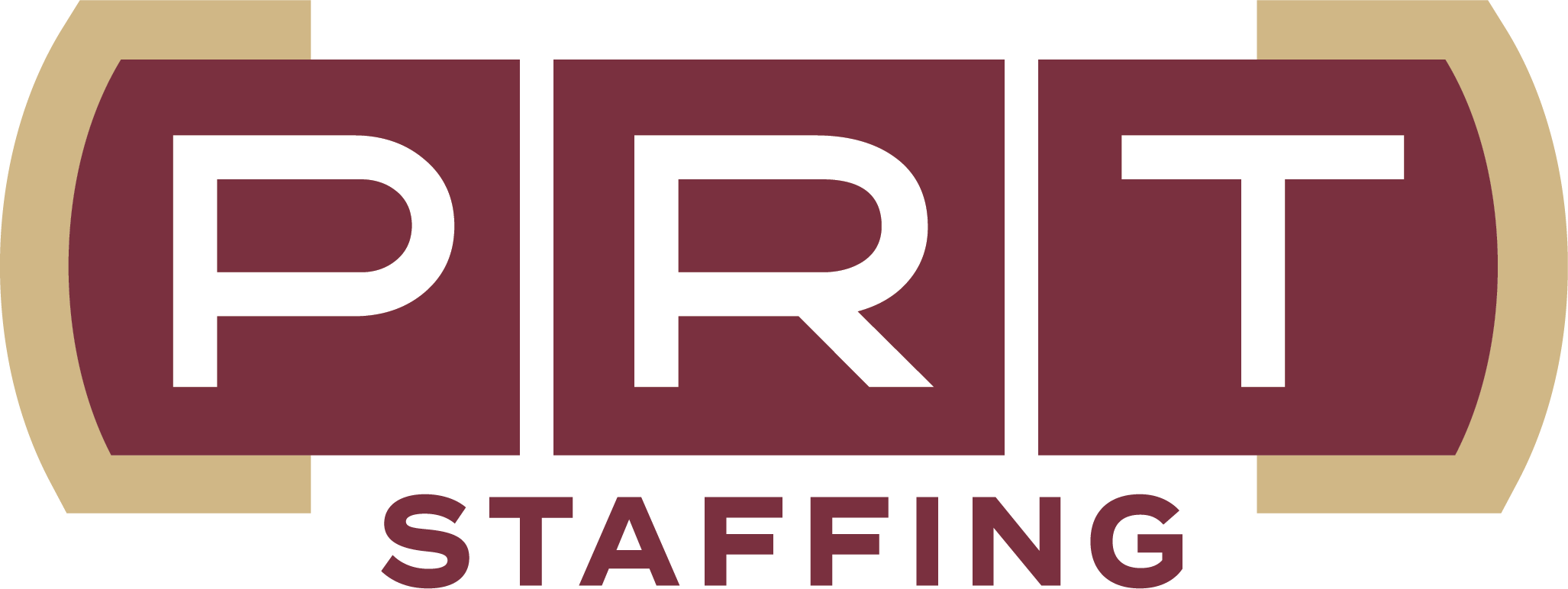The Strategic Role of Managed Service Providers in the Staffing Industry
Employers continue to face considerable labor challenges in today’s uncertain economy which is why many companies are seeking ways to optimize their workforce management strategies.
One solution that has gained significant traction in recent years is the use of Managed Service Providers (MSPs) in the staffing industry.
“According to SIA’s Workforce Solutions Buyer Survey, 58 percent of companies with 1,000 employees or more engage a third-party firm to manage their staffing providers,” says Staffing Industry Analysts (SIA). “These managed service providers, or MSPs, are evolving rapidly, driven by the increasing complexity of workforce management in today’s business environment.”
This article explores the crucial role that MSPs play in modern workforce management and how they're reshaping the staffing landscape.
The Evolution of MSPs in the Staffing Industry
Managed Service Providers have come a long way since their inception. Initially developed to help organizations manage their IT infrastructure, MSPs have evolved to encompass a wide range of services, including workforce management.
In the staffing industry, MSPs emerged as a response to the growing complexity of managing contingent workforces and the need for more streamlined, cost-effective staffing solutions.
The rise of MSPs in staffing can be attributed to several factors:
- Increasing Complexity of Workforce Management: Modern workforces are becoming increasingly complex, with a mix of full-time employees, contractors, and contingent workers. Managing such a diverse workforce can be challenging for organizations, and MSPs offer specialized expertise and technology to streamline these processes.
- Talent Shortages: In many industries, there are significant talent shortages, making it difficult for organizations to find and hire qualified employees. MSPs can help fill these gaps by sourcing talent from a wider pool of candidates.
- Cost Reduction: MSPs can help organizations reduce costs associated with workforce management, such as recruitment fees, payroll processing, and benefits administration. By outsourcing these functions, organizations can focus on their core business activities.
- Flexibility: MSPs offer flexibility in terms of workforce size and composition. Organizations can scale their workforce up or down as needed, without incurring the costs associated with hiring and firing full-time employees.
- Improved Compliance: MSPs can help organizations ensure compliance with labor laws and regulations, reducing the risk of costly penalties.
- Technology Advancements: Advances in technology, such as artificial intelligence and automation, have made it easier for MSPs to manage complex workforces efficiently and effectively.
- Growing Demand for Contingent Workers: The increasing use of contingent workers, such as freelancers and contractors, has created a demand for MSPs to manage these relationships.
As these needs became more pronounced, MSPs stepped in to provide comprehensive solutions that address the multifaceted challenges of modern workforce management.
Key Functions of MSPs in Staffing
Managed Service Providers offer a wide array of services that are crucial to effective staffing operations. Let's explore some of their key functions:
Vendor Management
MSPs act as a centralized hub for managing relationships with multiple staffing vendors. They streamline the process of sourcing, onboarding, and evaluating suppliers, ensuring that client organizations have access to the best talent at competitive rates. This includes:
- Conducting vendor performance assessments.
- Negotiating contracts and service level agreements.
- Managing vendor compliance and certifications.
- Facilitating communication between clients and vendors.
Cost Control and Optimization
By leveraging their expertise and technology, MSPs help organizations optimize their staffing spend. They:
- Negotiate rates with vendors.
- Implement standardized pricing structures.
- Identify cost-saving opportunities across the entire staffing process.
- Provide detailed spending analysis and forecasting.
Compliance and Risk Management
In an increasingly complex regulatory environment, MSPs play a crucial role in ensuring compliance with labor laws, industry regulations, and internal policies. They help mitigate risks associated with:
- Worker misclassification.
- Co-employment issues.
- Background checks and credentialing.
- Payroll and tax compliance.
Workforce Analytics and Reporting
MSPs provide valuable insights into workforce trends, performance metrics, and spending patterns. By leveraging advanced analytics tools, they enable data-driven decision-making and strategic workforce planning. This includes:
- Real-time reporting on key performance indicators.
- Predictive analytics for workforce planning.
- Benchmarking against industry standards.
- Custom reporting tailored to client needs.
Talent Acquisition and Management
MSPs often take an active role in the talent acquisition process, including:
- Developing and implementing recruitment strategies.
- Screening and interviewing candidates.
- Managing the onboarding process.
- Conducting performance evaluations.
Vendor Management Systems (VMS) are a Critical Component
A critical component of MSP services is the provision of a Vendor Management System (VMS).
A VMS is a cloud-based software platform that enables organizations to manage their entire contingent workforce lifecycle.
Here's how MSPs typically provide clients with a VMS:
- Implementation and Integration: MSPs work closely with clients to implement the VMS, integrating it with existing HR and procurement systems.
- Customization: The VMS is tailored to meet the specific needs of each client, including custom workflows, approval processes, and reporting.
- Training and Support: MSPs provide comprehensive training for client staff and ongoing support for VMS users.
- Continuous Improvement: MSPs regularly update and enhance the VMS based on client feedback and emerging industry trends.
- Data Management: The VMS serves as a central repository for all contingent workforce data, enabling better decision-making and compliance management.
Physical Presence and Independence
While many MSPs operate remotely, some do maintain a physical presence at client sites. This on-site presence can be beneficial for:
- Facilitating face-to-face communication with client stakeholders.
- Providing immediate support for urgent issues.
- Gaining a deeper understanding of the client's culture and operations.
- Conducting in-person training and change management activities.
Regarding independence, MSPs can vary in their relationship with staffing suppliers:
- Independent MSPs: These providers are not affiliated with any staffing agency, allowing for unbiased vendor selection and management.
- Hybrid MSPs: Some MSPs are associated with staffing firms but maintain a level of independence in their operations. They may include their own staffing services alongside other vendors.
- Captive MSPs: These are fully owned by a staffing agency and primarily use their parent company's resources, which may limit vendor diversity.
Organizations should carefully consider the level of independence they require when selecting an MSP partner.
Benefits of Using MSPs for Staffing
The adoption of MSP solutions in staffing offers numerous benefits to organizations:
Improved Efficiency and Productivity
By centralizing and automating many aspects of the staffing process, MSPs significantly reduce administrative burdens. This allows HR and procurement teams to focus on more strategic initiatives, ultimately boosting overall productivity.
Cost Savings
Through rate normalization, vendor consolidation, and process optimization, MSPs can deliver substantial cost savings. Many organizations report savings of 10-20 percent on their staffing spend after implementing an MSP solution.
Access to a Wider Talent Pool
MSPs leverage their extensive networks and relationships with multiple staffing vendors to provide access to a broader and more diverse talent pool. This is particularly valuable in today's competitive job market, where finding skilled professionals can be challenging.
Enhanced Compliance and Reduced Risk
By implementing standardized processes and maintaining up-to-date knowledge of regulatory requirements, MSPs help organizations stay compliant and minimize legal risks associated with workforce management.
Better Visibility and Data-Driven Decisions
MSPs provide comprehensive reporting and analytics capabilities, offering unprecedented visibility into workforce metrics. This enables organizations to make informed decisions about their staffing strategies and optimize their workforce mix.
PRT Staffing Can Help Build (and Manage!) Your Team
Managed Service Providers have become an indispensable part of the modern staffing ecosystem.
By offering comprehensive solutions that address the complex challenges of workforce management, MSPs enable organizations to optimize their staffing processes, reduce costs, and gain a competitive edge in talent acquisition and management.
At PRT Staffing, we understand the transformative power of MSP solutions in the staffing industry. Our expertise in implementing and managing MSP programs has helped numerous organizations revolutionize their approach to workforce management.
Whether you're looking to streamline your staffing processes, reduce costs, or gain better visibility into your workforce metrics, PRT Staffing has the knowledge and experience to guide you through every step of your MSP journey.
As the workforce landscape continues to evolve, partnering with an experienced MSP provider like PRT Staffing can be the key to unlocking your organization's full potential in talent management and acquisition. Contact us today to learn more about how our MSP solutions can transform your staffing strategy and drive your business forward.





